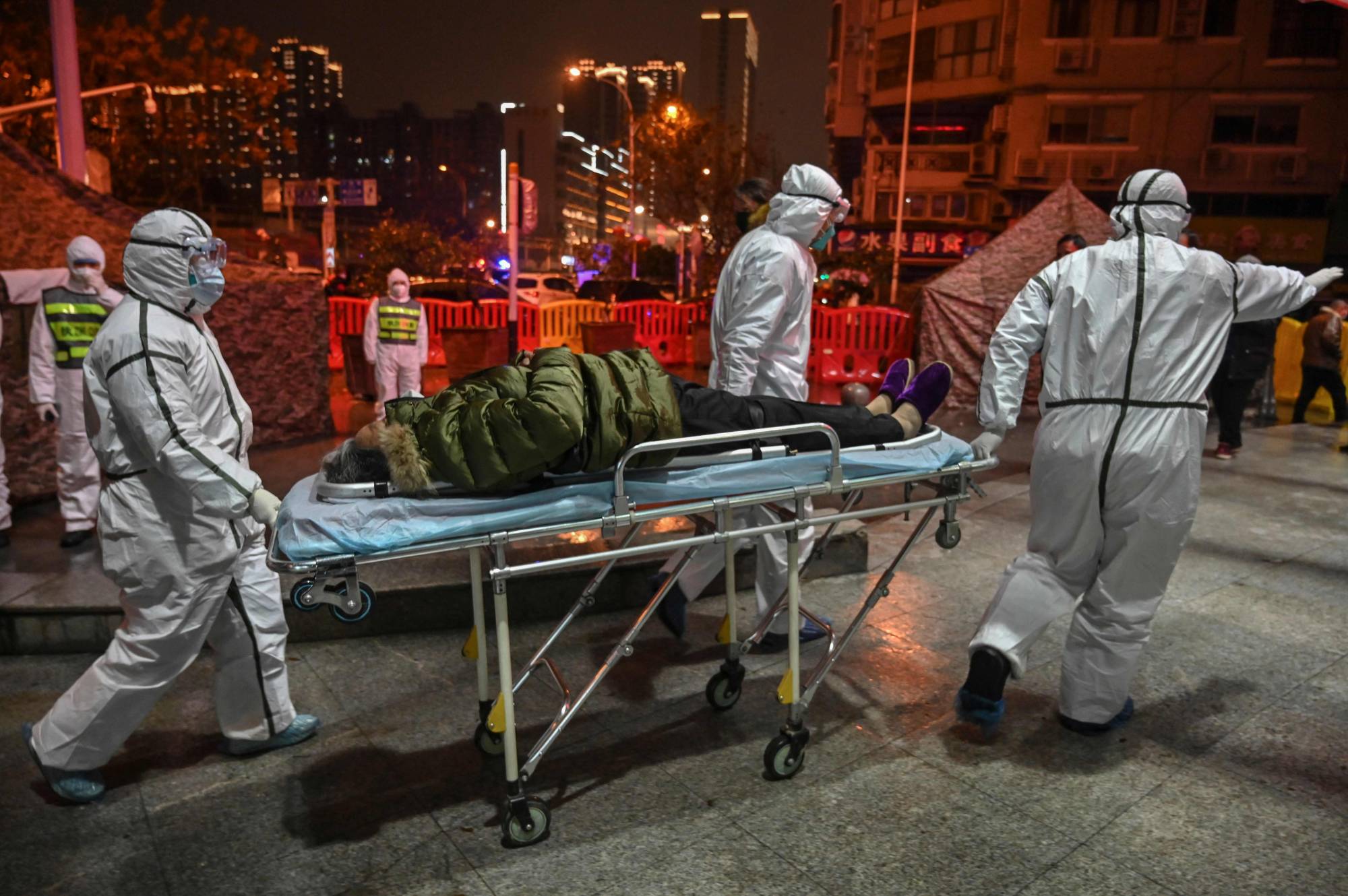In the early hours of Feb. 7, China’s powerful internet censors experienced an unfamiliar and deeply unsettling sensation. They felt they were losing control.
The news was spreading quickly that Li Wenliang, a doctor who had warned about a strange new viral outbreak only to be threatened by the police and accused of peddling rumors, had died of COVID-19. Grief and fury coursed through social media. To people at home and abroad, Li’s death showed the terrible cost of the Chinese government’s instinct to suppress inconvenient information.
Yet China’s censors decided to double down. Warning of the "unprecedented challenge” Li’s passing had posed and the "butterfly effect” it may have set off, officials got to work suppressing the inconvenient news and reclaiming the narrative, according to confidential directives sent to local propaganda workers and news outlets.



















With your current subscription plan you can comment on stories. However, before writing your first comment, please create a display name in the Profile section of your subscriber account page.